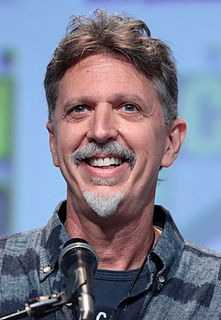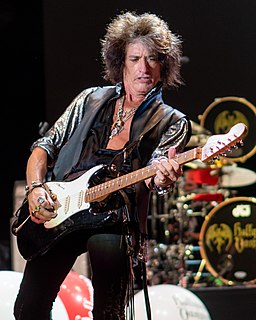A Quote by Omari Hardwick
If your character is just out there acting a fool, viewers are gonna say, 'Why am I watching this?' But if he's whispering, 'I don't really want to die,' there's a level of vulnerability cemented in these bad characters.
Related Quotes
Paul Edgecomb: What do you want me to do John? I'll do it. You want me to let you walk out of here and see how far you get? John Coffey: Now why would you want to do a foolish thing like that? Paul Edgecomb: When I die and I stand before God awaiting judgment and he asks me why I let one of HIS miracles die, what am I gonna say, that it was my job?
Really good acting is not about dialogue. It's really just about small moments that really make the whole entire scene and the intention completely different than even maybe what the characters are saying. Two characters could be saying, "I hate you, and I don't want to be with you anymore!" But yet somehow, their toes are just inching more, you know, closer to each other. So a really big thing about acting is really just with your body.
I think I'm drawn to more villain-type characters, because it's so cool to get to say all the things you want to say. In Hollywood, you get to this position where you have to bite your tongue so much. You take all your experiences of not being able to say what you really want to say, and channel that through your character.
People say that they like the characters that they believe that I am. But, I don't as much. I like the characters that I believe that I am not. Like my role on 'Law and Order.' That character unnerved people. And I loved every second of it. I want to continue growing as an actress. There are ways that I can reach quicker, or deeper, with acting.
When I'm following what a character does in a book I don't have to think about my own life. Where I am. Why I'm here. My moms and my brother and my old man. I can just think about the character's life and try and figure out what's gonna happen. Plus when you're in a group home you pretty much can't go anywhere, right? But when you read books you almost feel like you're out there in the world. Like you're going on this adventure right with the main character. At least, that's the way I do it. It's actually not that bad. Even if it is mad nerdy.
Also, worldbuilding touches all aspects of your story. It touches plot and character as well. If you don't know the culture your character comes from, how can you know what he's really like? You must know your characters on a much deeper level than you would if you just shrugged your way into a cookie cutter fantasy world.
Even the most loyal viewers of a show would only watch one out of three episodes. As someone who made television, I always found that hard to believe because you want to believe people who love your show are watching every episode, but statistically it was true that people who considered themselves the most loyal viewers were only watching one out of three.
I know that the gift that God gave me isn't gonna just wither up and die unless I let it die, so it's a matter of me having the faith that it's gonna come out. Whether or not the public's gonna like it is another story. But I think as long as I keep changing and sticking to what I really love - and the same goes for Steven and the other guys in the band - then people are gonna like it.
A TV show has to be a certain length and, you know, you have expectations from the viewers. You know, you want to see the characters again, or you want to see certain dynamics between the characters or certain kinds of storylines. And you kind of figure out how to best fit what you want to say into that format.
Gary Ross one of those directors which lets you do what you need to do to become your character - he lets you try to do everything on your own when you're acting. Then at some points he would say, "Let's try this," or "Let's try that." Most of the time he just kind of let me try to just become my character on my own and it worked out really well.
History is basically really looking back and finding out what happened to an individual, a community, a family, a group in a certain event. And so that's why I go, "Wow. That's what acting really is. You find out the background, you get the joy of creating a fictional history of a fictional character and you get to tell a story." So I felt that acting is making history come alive and it became my mode of trying to figure out what this craft of acting is really all about.




































